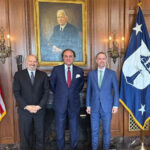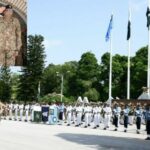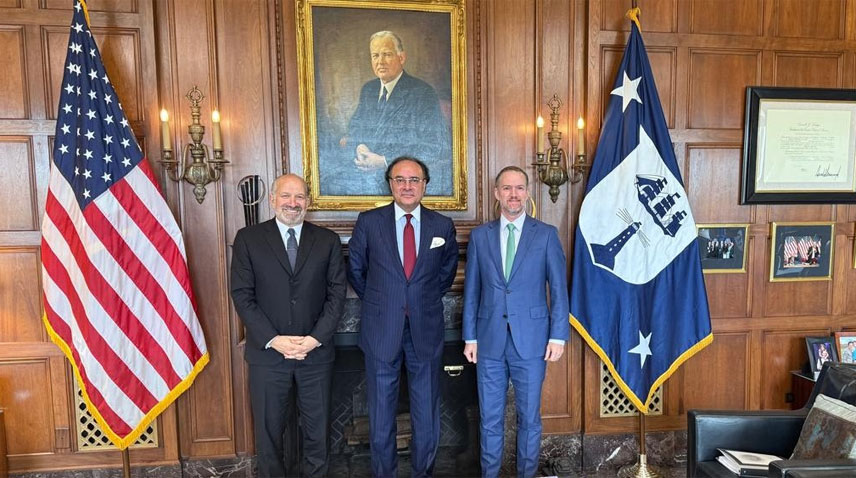Islamabad – June 24, 2025: Foreign Minister Ishaq Dar reaffirmed Pakistan’s commitment to a foreign policy rooted in geo-economics, regional peace, and international cooperation, while calling for dialogue and stability across South Asia.
Speaking at the Institute of Strategic Studies Islamabad (ISSI) during a policy roundtable, Dar emphasized that economic diplomacy, trade connectivity, and peaceful coexistence are at the heart of Pakistan’s current global outreach strategy.
Key Foreign Policy Pillars Highlighted
According to Dar, Pakistan’s modern foreign policy is structured around three key principles:
- Geo-economics over geopolitics – Prioritizing trade, investment, and regional connectivity
- Non-interventionist diplomacy – Advocating for sovereignty, dialogue, and peaceful dispute resolution
- Multilateral engagement – Strengthening ties with key blocs like the OIC, SCO, ASEAN, and the UN
“Our vision is to connect Pakistan with global markets and regional economies, not conflicts,” Dar stated.
Focus on Regional Peace and Afghanistan
The foreign minister reiterated Pakistan’s desire for stability in Afghanistan, urging international partners to engage constructively with Kabul’s current rulers to prevent a humanitarian and security vacuum.
Dar also touched upon Pakistan’s fence-mending efforts with neighboring Iran and Gulf states, and highlighted the importance of China-Pakistan Economic Corridor (CPEC) as a flagship project for regional integration.
Rebuilding Global Confidence in Pakistan
The policy address aimed to signal that Pakistan is committed to economic reform, regional dialogue, and global cooperation, especially following:
- Economic stabilization efforts under IMF supervision
- Renewed security cooperation with regional partners
- Efforts to improve bilateral ties with the US, EU, and Middle Eastern nations
Dar also hinted at the potential for deeper trade and digital cooperation with Central Asian states and the broader Global South.
Challenges Ahead
Despite the optimistic tone, analysts highlight persistent foreign policy challenges:
- Tense relations with India over Kashmir and water rights
- Geopolitical pressure due to US-China rivalry in the region
- Perception gaps in the West regarding Pakistan’s internal politics and security posture
However, Dar remained confident, stating that Pakistan’s new posture is about building bridges, not barriers.
#GeoEconomics #PakistanForeignPolicy #IshaqDar #PeaceThroughTrade #CPEC #RegionalStability #PakistanDiplomacy

















